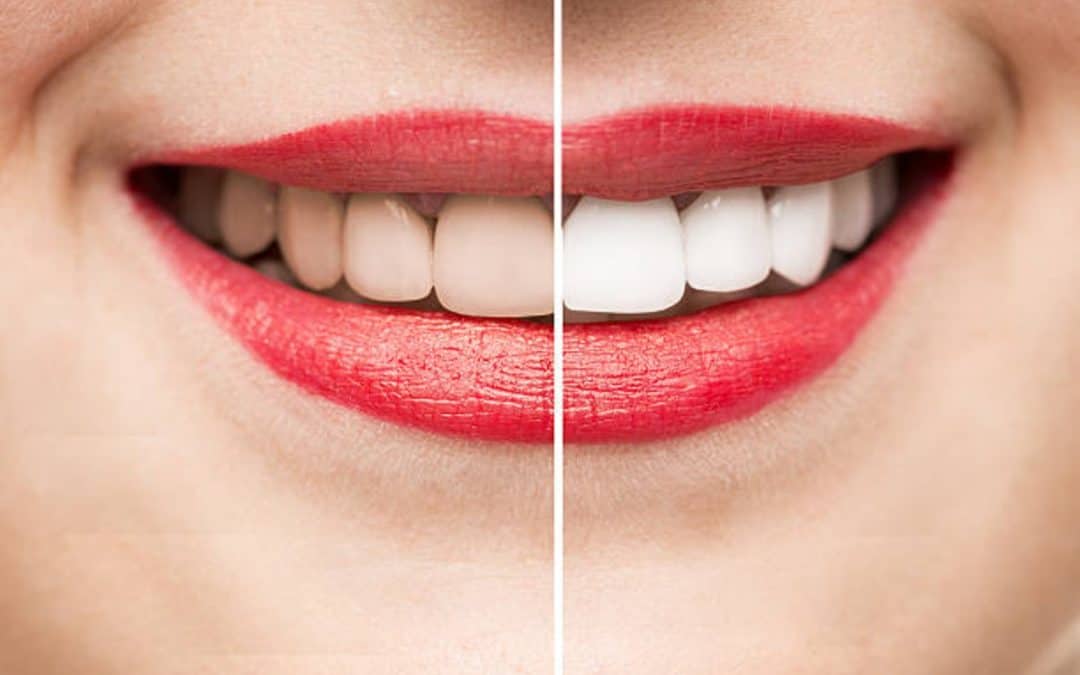Is Teeth Whitening Damaging? Teeth whitening is one of the most trending aesthetic dental procedures; however, the common question is, is it safe for your enamel? Enamel is the tough, outer coating that protects your teeth, and the enamel is vital to maintaining long-term oral health. Knowing how whitening works can help you choose the safest products.
Why Does It Matter To Know If Enamel Is Safe?
Once enamel is worn away, it does not grow back. So, knowing if it is damaged by whitening procedures is important. Needless to say, if you are going to go in for a visit or during your visit to a dentist in Victoria. To understand how professional whitening systems are created to whiten while leaving enamel integrity intact. But the fact is, not all options are the same, and some options can be dangerous.
What Happens to Enamel During Whitening?
When you get teeth whitening near you, the active ingredient (usually hydrogen peroxide or carbamide peroxide) penetrates the enamel to break down stains. Professional-grade products are carefully measured to avoid structural damage.
But over-the-counter products may not be as precise. The difference lies in control; a trained dentist near you knows exactly how long and how often to apply whitening agents for safe results.
Can Whitening Weaken Tooth Enamel?
There is a simple answer to the question “Does teeth whitening weaken tooth enamel?”: No, not when performed professionally. However, some of the whitening kits, particularly the high-strength kits that can be purchased online, can dehydrate enamel, hence making your teeth feel more sensitive; this is temporary. It is all about moderation and professional guidance, where a tooth whitening treatment is tailored to suit your personal needs.
What Are the Risks When Using Over-the-Counter Whitening Products?
So can over-the-counter whitening damage enamel? Yes, if used incorrectly, it can. Store-bought whitening strips, pens, and trays are often not custom-made to your teeth; therefore, the strips, pens, or trays may not be fitted to your teeth, which means some teeth are getting bleached too much and, in some cases, for too long, causing irritation as well as potential enamel erosion and sensitivity. A dentist can help determine if these products are safe for your teeth or if you should eliminate using them altogether.
How to Protect Enamel During Whitening?
Understanding how to protect enamel during teeth whitening can make a real difference. Here are a few easy tips to help:
- Get your teeth checked by your dentist first – check for cavities and gum issues before treating your teeth.
- Use or follow your professional instructions carefully – Do not go over the recommended time.
- Use toothpaste with fluoride – This helps strengthen enamel.
- Don’t eat or drink acidic foods/drinks too soon after whitening – Your enamel teeth are temporarily more porous.
- Take breaks between whitening treatments – Allow your enamel to rehydrate naturally.
When you use these steps, you can have whiter teeth and not damage your teeth!
Which Whitening Options Are Safe for Enamel?
There are many enamel-safe teeth whitening options available today. Your dentist may offer:
- Custom-fitted whitening trays – fits your teeth perfectly. Custom-fitted trays are made to fit your teeth and hold the gel in place to limit the contact with your gums.
- In-clinic laser whitening – Immediate results with controlled intensity.
- Low-concentration whitening gels – ideal for sensitive teeth.
- Whitening toothpaste containing mild abrasives – whitening toothpaste whitens slowly but protects enamel.
That’s why your dental team is equipped to help you determine which whitening option is best for your needs and sensitivity!
Curious about How to Whiten Teeth Safely? Let’s Talk!
Whitening your teeth can be a big decision; however, safely and effectively improving your smile is attainable. Academy Dental offers treatment to help our patients maintain a healthy smile. Our whitening treatments are for people with healthy teeth – bright teeth that may need assistance. From a mild touch-up to a more dramatic change in discoloration, you will always leave with a bright smile and healthy teeth. Call today to make an appointment to see how a professional can improve your teeth.
FAQs
Will whitening make my teeth more susceptible to cavities?
No, whitening will not directly increase your risk for cavities. However, if the enamel was compromised by decay or acid erosion, your sensitivity may increase because your teeth would be harder to keep clean, and your teeth would likely be more decay susceptible.
Is professional teeth whitening safe for enamel?
Yes, professional teeth whitening is safe for enamel when done under a dentist’s supervision. Dentists use products and techniques that whiten teeth effectively without harming the enamel.
Is whitening safe for teens?
Generally, whitening is usually only safe for adults or older teens who have completed the development of healthy enamel. Those younger than these ages should usually focus on avoiding staining in the first place.
Will any medications cause differences in the results patients experience through whitening?
Yes. Some medications create intrinsic stains that whitening may or may not remove or even lead to discoloration, necessitating recreating cosmetic options.
Why do my teeth feel rough after whitening?
Usually, this is simply a result of dehydration of the enamel surface. This should naturally return when the enamel is hydrated with saliva within a day or two.


Recent Comments